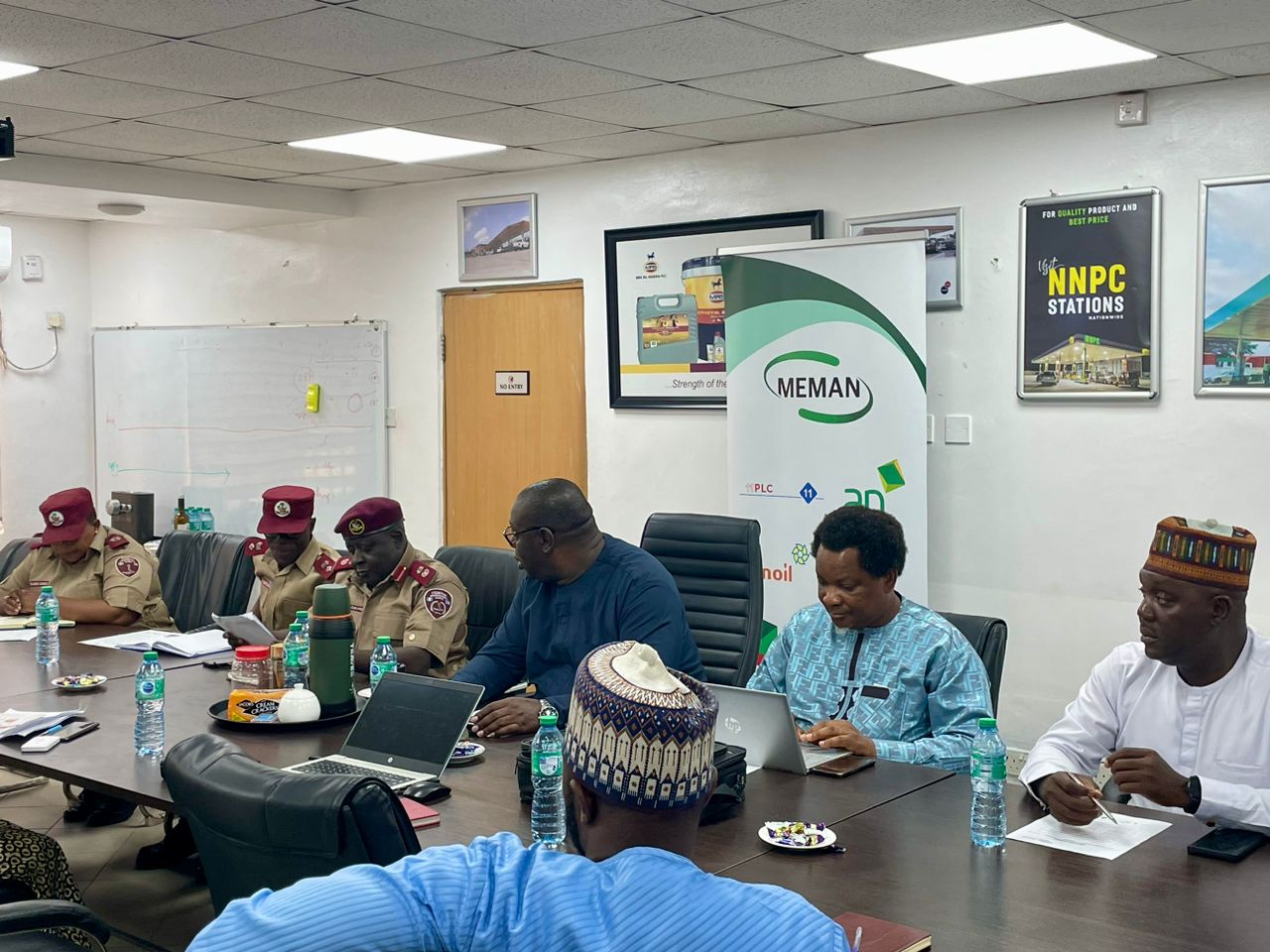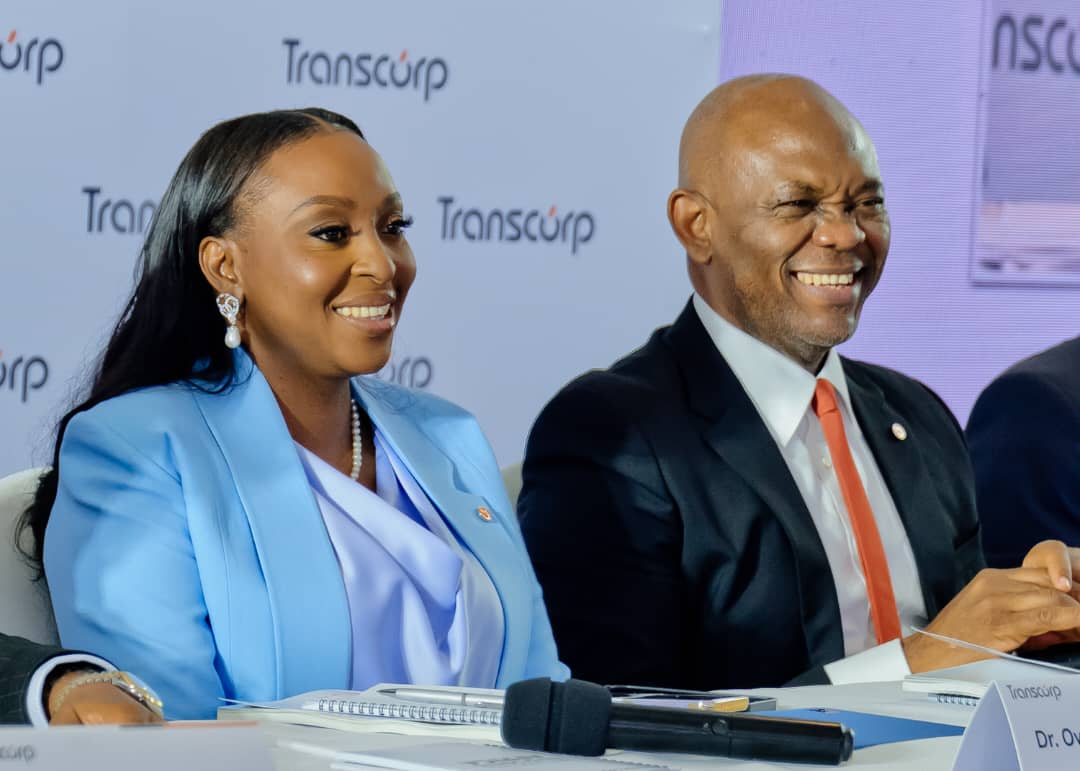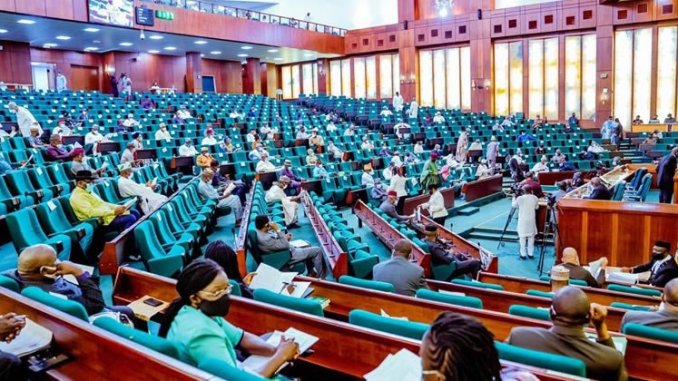
Shell Nigeria, Partners Pay NDDC $142m Dues
Mohammed Shosanya A total of $142.5 million was paid to the Niger Delta Development Commission (NDDC) last year by The Shell Petroleum Development of Nigeria Ltd (SPDC) and Shell Nigeria Exploration and











